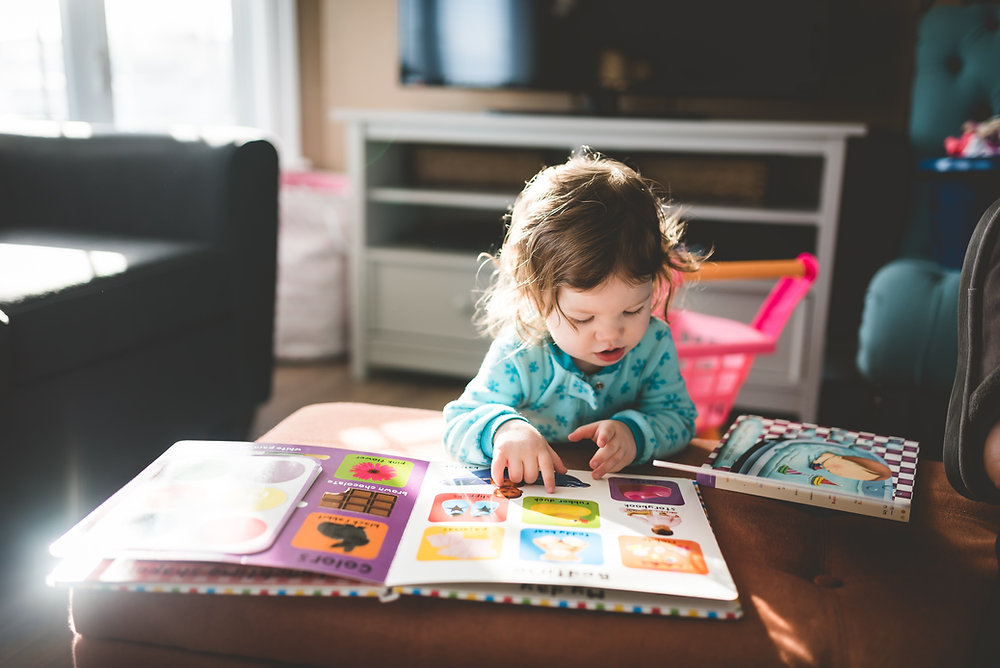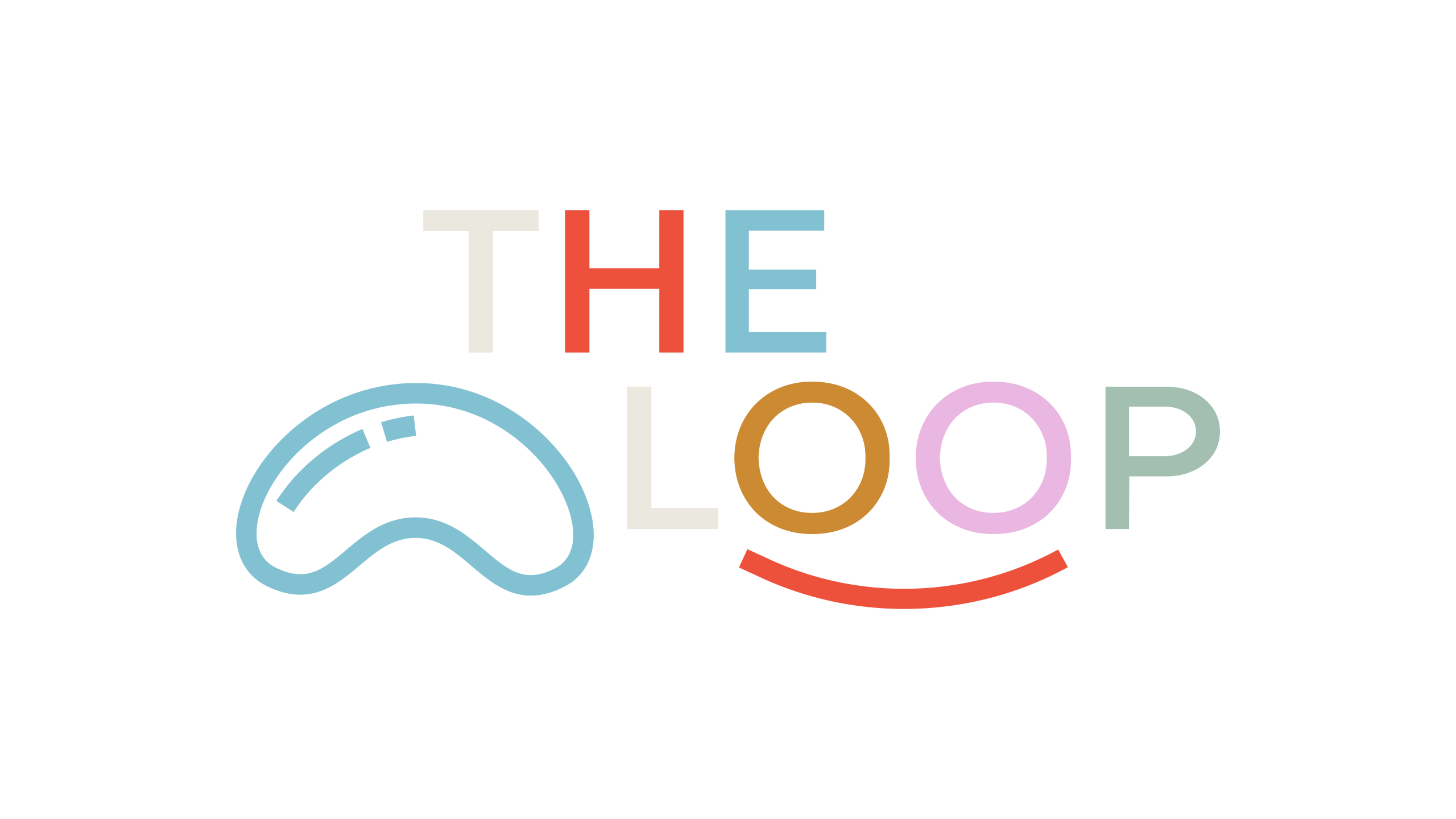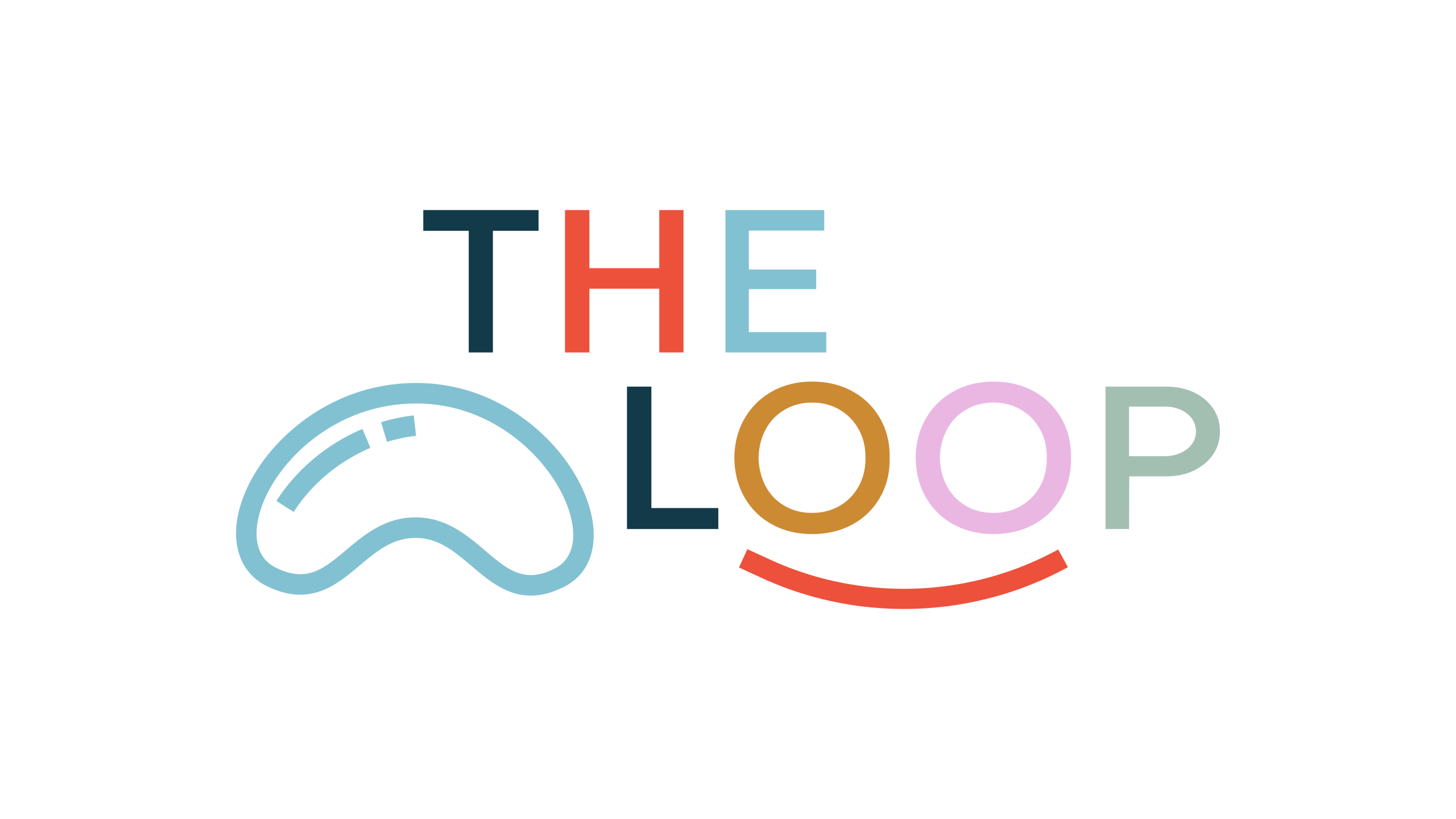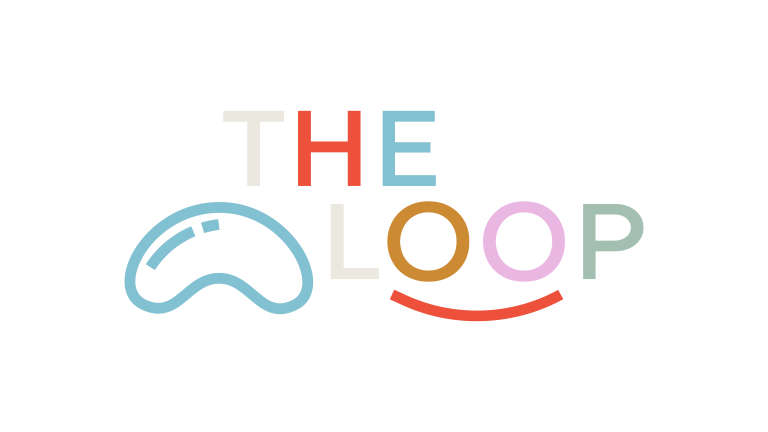
When you’re a parent of a young child, you know—once those developmental milestones get rolling, they often progress so fast and furiously that it’s hard to keep track of them all.
Between diaper changes, mealtimes, and playdates, it can be tough to keep tabs on all the skills your kiddo is racking up. And, it can be difficult to know how their development is progressing in important areas.
Like speech, language, and communication.
While these skills may seem simple and straightforward—they’re anything but.
Many parents lack a solid grasp on how these skills are acquired, in what order, and how they build upon one another to create the communication skills children will rely on as they grow into adulthood.
That’s why we thought we’d offer you a round up of some crucial speech and language milestones. This way, you’ll have a quick reference point to monitor your child’s developmental progress in their speech and language skills.
After all, when you’re the parent of a preschool or school-aged child—you’ve already got enough on your plate without trying to look up each and every communication milestone on your own!
We’ll take the work off your list—and offer you advice and support if your child needs a little extra help in their communication skills acquisition.
First, let’s start by zooming in on some important speech and language milestones for children. We’ll discuss what they are, why they’re important, and at what ages you should expect to see them show up.
What are some important speech and language milestones for children?
Speech and language milestones are cumulative. Early skills lay the foundation for the development and mastery of later, more complex skills—and your child’s house of communication skills is gradually built and improved upon as the years go by.
It’s important for parents to know that there are individual differences in the acquisition of speech and language skills that are perfectly normal. We all develop at different rates, and some master certain skills before others.
That said, it’s often valuable for parents to get a sense of the general norms for the development of specific speech and language skills.
From the first moments of our lives—we’re actively learning the communication skills that will serve us as long as we’re residents of Earth.
At first, babies cry without intention or purpose. But, very quickly, they learn their cries bring attention from people who soothe them and address their needs.
As a result, they start communicating with intention—having learned that communication connects them with what and who they need. Pretty cool, right?!
From this early spark of awareness on—we learn and develop new and more sophisticated communication skills—to help us connect, get our needs met, and share our inner worlds.
It starts with learning how to use the equipment.
Babies spend a lot of time getting to know their speech mechanisms and all they can do.
That’s why babies coo, and goo, and gurgle, growl, and buzz. While these sounds may be adorable, they’re also super important!
They’re how babies learn the full capabilities of their speech musculature, and practice the foundations of making certain sounds, modulating their pitch and volume, and controlling their breathing for speech.
Baby talk is vital to laying the foundation for speech development.
Babies between the ages of birth and one year progress from coos to babbling. During this time, they also learn to recognize certain sounds and words that are spoken to them, to supplement their vocalizations with gestures, and to listen when they’re being spoken to.
Birth to age three contains a ton of important speech and language developmental milestones.
This is the time frame during which your child learns to speak and understand language. It’s when they’ll progress from no speech to first words to their vocabulary explosion.
They’ll learn, practice, and even master a whole host of new sounds and sound combinations. And, they’ll even start combining words to form basic sentences.
Once the foundations of their speech and language skills are laid, children begin to grow and build upon these core skills.
The ages of three to five years are also areas of massive growth in childrens’ speech and language development.
Even before they enter the school system, children have formed the foundation of their speech and language skills development, which will continue to grow and evolve throughout their school years.
Some key speech and language milestones children reach between the ages of three and five years of age include—
Understanding and asking WH- questions (as in questions beginning with what, where, why, who, which, and when)
Increased length of sentences, and the ability to combine sentences
Ability to recall and relate what occurred during their day
Ability to attend to stories and relate key details
Ability to tell a story and stay on a topic
Ability to produce most sounds correctly
Ability to use rhyming words
Ability to name some letters and numbers
Still, it’s no secret that some children struggle with acquiring and mastering these skills.
In many cases, these issues go unnoticed until a child enters the school system and is found to be behind their same-aged peers in these skills.
If this has occurred with your child—it’s not your fault!
Most parents are unaware of the general timelines and norms for speech and language skills development.
Plus, parents are often skilled at understanding and communicating with their children—you may not even notice if your child communicates differently than their peers, because you can easily understand exactly what they want and need.
If your child is struggling with their speech and language skills acquisition and mastery—what matters is they’re identified as early as possible and get the help and support they need.
Your school’s speech and language pathologist can help with that!
Let’s take a look at how your SLP can help both you and your child to understand, address, and overcome their issues with speech and language skills development.
What if my child struggles with achieving speech and language developmental milestones?
The role of a speech-language pathologist (SLP) in the school system is to identify and assist students who are struggling with acquiring necessary speech and language skills on their own.
And The Loop’s team of SLPs are the best around! It’s our founding mission to offer Chicago-area children the speech, language, and communication therapy they need to thrive—in school and in life.
No matter your child’s issues with their speech and language development, we’re here to help make sure they have the assistance and support they need to overcome any obstacles they face to having a robust educational experience.
Just some of the commonly-seen speech and language issues in children we’re highly skilled at evaluating and treating include—
We’ll also work closely with your child’s teacher to implement any necessary classroom accommodations and modifications to promote and facilitate your child’s best and least restrictive learning environment.
If your child is identified as a student who may benefit from a speech and language evaluation—don’t panic!
Many children have learning and developmental difficulties that go unnoticed until they enter the school system and these issues become more readily apparent.
What’s important is that children get the help and support they need to help them thrive—and sometimes this includes speech and language therapy to help them with their communication skills development and mastery.
From the moment your child is identified as potentially benefiting speech and language assessment and treatment—we’ll keep you in the loop of their needs and progress.
We’ll start by reaching out to connect with you directly via your preferred method of communication to learn more about your child and hear your thoughts and concerns. We'll share info from their teacher and make a plan to evaluate your child in school if this course of action is agreed upon.
Once our assessment of your child’s speech and language skills has been completed, we’ll schedule a time to meet with you to discuss our findings and recommendations.
If treatment is warranted and agreed upon, we’ll create a customized therapy plan to address your child’s needs and find time to work with them in school during the regular school day.
Your child’s Loop therapist will craft a personalized plan for their therapy that will not only address their speech and language needs, but will take into account their preferences in order to make therapy a fun and motivating experience for them.
And we’ll be here to uplift and support each of you—every step of the way.
Many children face difficulties with their speech and language skills—we’re here to ensure these learning challenges are addressed, so your child can reach their full potential and enjoy the educational experience they deserve.
And don’t forget to stay in the loop by following along on your fav social platform @TheLoopSLL, shoot us an email anytime at info@theloopsll.com, and visit our blog regularly for great new content on topics of interest to you!


